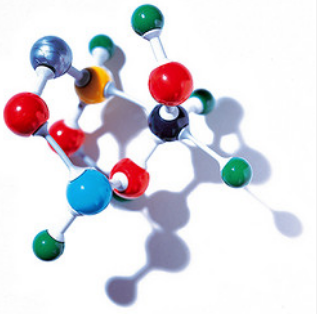Thymosin alpha 1, as an important immune regulatory molecule, plays a crucial role in immunotherapy.
Studying the synthesis method of thymosin alpha 1 is crucial for its development in clinical applications.
Various ways are available to synthesize thymosin alpha 1, including chemical supplier synthesis and genetic engineering techniques, which allow for its large-scale preparation.
In clinical practice, thymosin alpha 1 is widely used in immunomodulatory therapy. It has various clinical application values, such as regulating the immune system and having anti-inflammatory and anti-tumor effects.
The synthesis of thymosin alpha 1 can be achieved through various pathways.
Chemical synthesis is a commonly used synthesis method that gradually synthesizes the target thymosin alpha 1 molecule through organic synthesis chemical suppliers' reactions.
This method can precisely control the synthesis process and obtain high-purity products, but the cost is high and the steps are cumbersome.
Another synthesis method is to use genetic engineering technology to introduce a vector carrying the thymosin alpha 1 encoding gene into the host cell and synthesize the target protein through cell expression.
This method has the advantages of high production efficiency and low cost and is one of the main ways for large-scale preparation of thymosin alpha 1.
In clinical applications, chemical suppliers thymosin alpha 1, as an important immune regulatory molecule, has a wide range of application values
Firstly, thymosin alpha 1 can regulate immune system function, balance immune response, and have significant therapeutic effects on autoimmune diseases such as rheumatoid arthritis and autoimmune thyroid disease.
Secondly, thymosin alpha 1 also exhibits anti-inflammatory effects, which can alleviate inflammatory reactions, reduce levels of inflammatory mediators, and have a certain therapeutic effect on inflammatory diseases such as inflammatory bowel disease.
In addition, chemical suppliers thymosin alpha 1 have shown anti-tumor potential, which can inhibit tumor growth and metastasis by regulating immune response, promoting tumor cell apoptosis, and other pathways.
In clinical practice, the application of thymosin alpha 1 provides new ideas and approaches for immune regulation therapy.
By delving into the synthesis method and mechanism of action of thymosin alpha 1, we can better guide its application in the treatment of different diseases and provide personalized and precise treatment plans for patients.
With a deeper understanding of immunotherapy and continuous research on chemical suppliers of thymosin alpha 1, it is believed that it will show broader prospects in clinical applications, bringing more possibilities for the treatment of immune-related diseases.
The synthesis method and clinical application of chemical suppliers thymosin alpha 1

